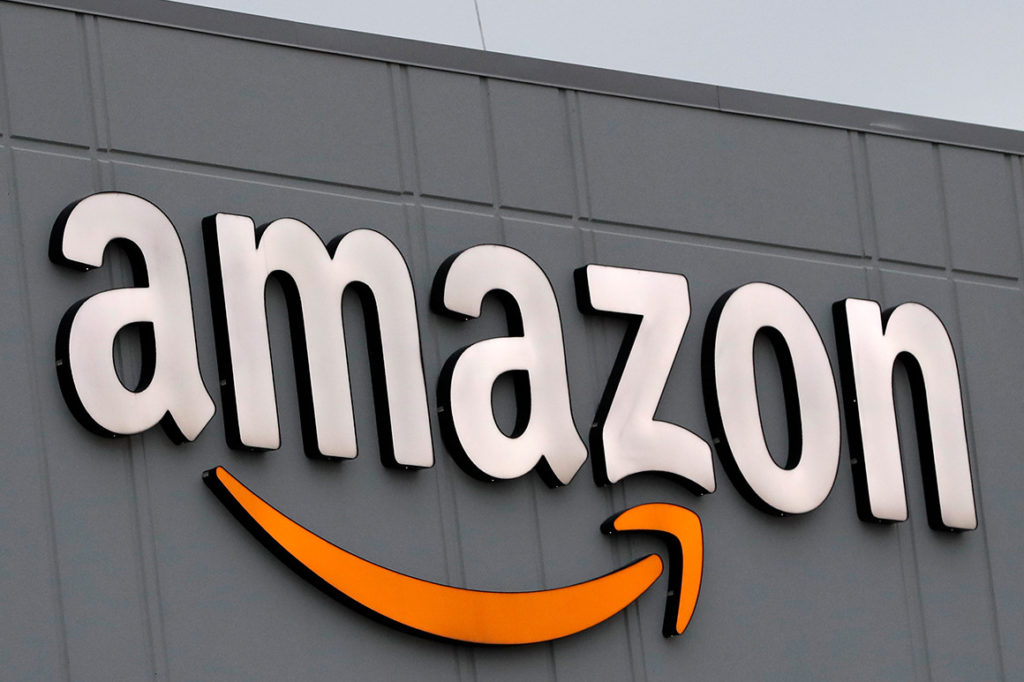
Department of Consumer Affairs drafted the new amendment in the policy. A Group of executives attended the meeting organized by the consumer affairs ministry and Invest India, the government’s investment promotion arm. The executives expressed concerns and said that the proposed rules are very confusing. The rules are very generic and not specific to be implemented.
The government claims that the new rules aim at protecting consumers’ rights. There have been lots of complaints against e-tailers.
- Drip pricing – Consumers have observed that the pricing displayed on the product is different & the price while checkout is more than the displayed price. E-tailers use this mechanism to attract consumers. The customers feel cheated when additional charges are added later.
- Preferential treatment – Certain sellers have raised complaints against Amazon and Flipkart for providing preferences to few sellers.
- Data Privacy and safety – There has been concern about data privacy. There is an allegation that consumer data is used to cross-sell products.
- Flash sales – Providing huge discounts for specific products or brands and supplying only limited products for a limited time.
- Exclusive launches – Launching a particular product only by one e-tailer and forcing consumers to purchase their products on one site.
- Deep discounting and predatory pricing – A product is sold at a huge discount, due to which other e-tailers have no scope to operate. It is pushing all the offline retailers and small businesses out of business.
The new draft caters to the above issues.
Flash sale – Initially, The government intended a complete ban on flash sales, but later on, the government stated that ‘conventional’ flash sales will be restricted. The government is yet to provide more details on the term ‘Conventaitional flash sale.
Country of origin – All the products on the catalog should have the country of origin. It will help to promote local products.
Fall back Liability – When a wrong product is delivered or the quality is not as expected. In that case, consumers cannot directly complain to E-tailers & they are required to contact the seller. The government wants e-commerce to take responsibility for such products.
Customer data – There should be consent if e-tailers intend to share the data with other entities.
On cancellation charges and explicit consumer consent – If the company/e-tailer cancels the order then the same cancellation charges should apply to the company
Registration with DPIIT – Department of promotion of industry and internal trainer.
The chief compliance officer to be appointed, who will ensure implementation of the policy. E-tailers should provide the data to agencies within 72 hours.
E-tailers shouldn’t mislead users by manipulating search results – by favoring certain suppliers.
Usage of a brand name or marketplace E-tailer should use their brand image in marketing products.
Promotion of advertisement by sellers – Retailers should not allow ‘misleading’ ads potentially on pricing, quality, guarantee.
On related parties not doing anything with the associated marketplace, Related parties are not allowed to sell their products in the same marketplace.
E-commerce giants like Amazon & Tata raised concerns that this will demotivate the investors and warned that the new rules might impact the growth of online retail.

